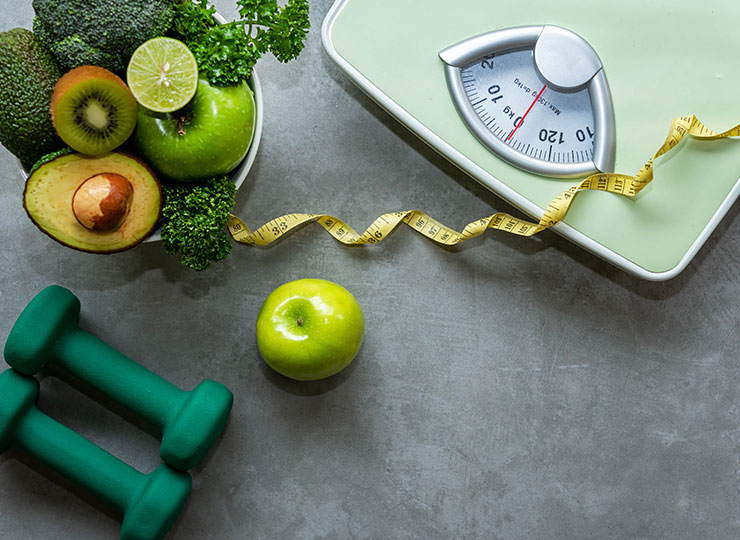

Business traveller guide: health and well-being
Business travel can be exciting and rewarding, presenting employees with the opportunity to visit new places, engage with different cultures and make valuable business connections and transactions that drive results for the business.
An increasingly important consideration when building an effective travel programme is the elements of a business travel experience which can impact traveller well-being, to ensure every traveller reaps the benefits of every travel experience.
Whether travelling for business or leisure, you can easily fall prey to bad habits while on the road, from unhealthy eating, disrupted sleep patterns, lack of exercise and hectic schedules.
We’ve put together some recommendations to help you stay on top of your health whilst on the road so you get the very best out of your business trip.
General hygiene
By practising good hygiene routines while travelling, you can help reduce the risk of catching an infection and infecting others:
- Practise good hand and sneeze/cough hygiene
- Wash your hands frequently with soap and water, before and after eating, and after going to the toilet
- Cover your cough and sneeze, dispose of tissues, and use alcohol-based hand sanitiser
- If unwell, avoid contact with others (stay more than 1.5 metres from people) and seek medical assistance. Follow the advice of official local health advisories.
Pre-trip planning
- Check the latest travel advisories for any countries you plan to visit and stay on top of health, vaccinations, passport and visa requirements well before departure.
- Pack comfortable or exercise clothes. Try and make some time on your trip to go for a walk.
- Drink plenty of water. Stay hydrated before, during and after your flight.
- If you find meditation helps clear your mind, look ahead to see if your airport has any meditation or quiet rooms available. Alternatively, it might be worth exploring what lounge access is available.
- Bookable airport sleeping pods are another way to regulate your sleep or for a more comfortable way to nap.
- Prior to your flight don’t consume alcohol, sugar or unhealthy foods.
At the airport
- Whilst on your flight, do stretches to keep your blood flow moving or walk around when possible.
- Stay hydrated.
- Avoid carb-heavy meals as it can make you feel sluggish and bloated. You don’t want to feel uncomfortable for your flights, especially if it’s a long haul.
- BYO snacks on the plane, such as plain nuts, fruits, or protein bars.
- Try to mimic your usual sleep routine or that of your destination.
Qantas: Qantas are conducting health and wellness research on three long-haul routes. The research focuses on in-flight passenger and crew health and well-being. Scientists and media experts will monitor sleep patterns, food and beverage consumption, lighting, physical movement and in-flight entertainment to asses the impact on travellers and crew.
At your hotel
- Choose a hotel with a fitness centre or swimming pool.
- If you are going to be somewhere for an extended period of time, research the location and see if there is a local exercise group you can join.
- Ask at the hotel if they have massage facilities, or if they can recommend somewhere locally.
- Ask your CTM consultant prior to travel to find a hotel that suits your needs.
Minimising the effects of jet-lag
- Jet-lag can lead to impaired judgement and decision making.
- If you can prepare your body a few days prior, you can try and beat jet-lag.
- Travelling west is less confusing for circadian rhythm as it prolongs the normal day-night cycle. Travelling eastward runs in the opposite. If you suffer severely from jet-lag, try a westerly route if possible.
Heading home/post-trip
- Rehydrate after a flight and eat plenty of fruit and vegetables. By replenishing your body, you can help limit your exposure to feeling tired or unwell.
- Try and get back into your regular routine (sleep, gym routine, etc.) as soon as possible.
- If your body is craving sleep when trying to adjust back into its regular time zone, take naps rather than straining to stay awake.
- If you feel unwell, ensure that you seek medical advice and, if necessary, practice self-isolation to reduce the risk of infecting others.
Disclaimer: CTM recommends all travellers conduct their own thorough, independent research and take out adequate travel insurance prior to travel. Please contact your health care professional if you have any concerns or queries.







